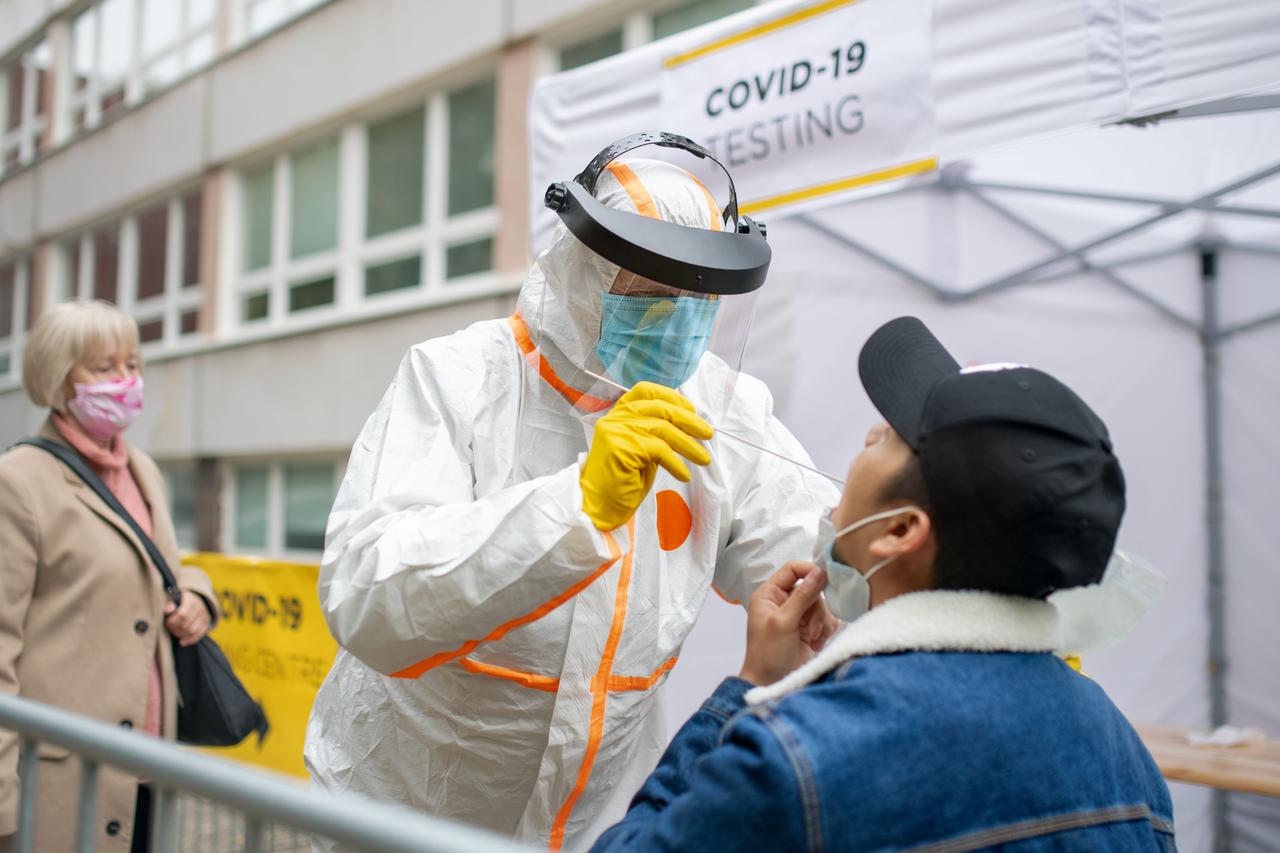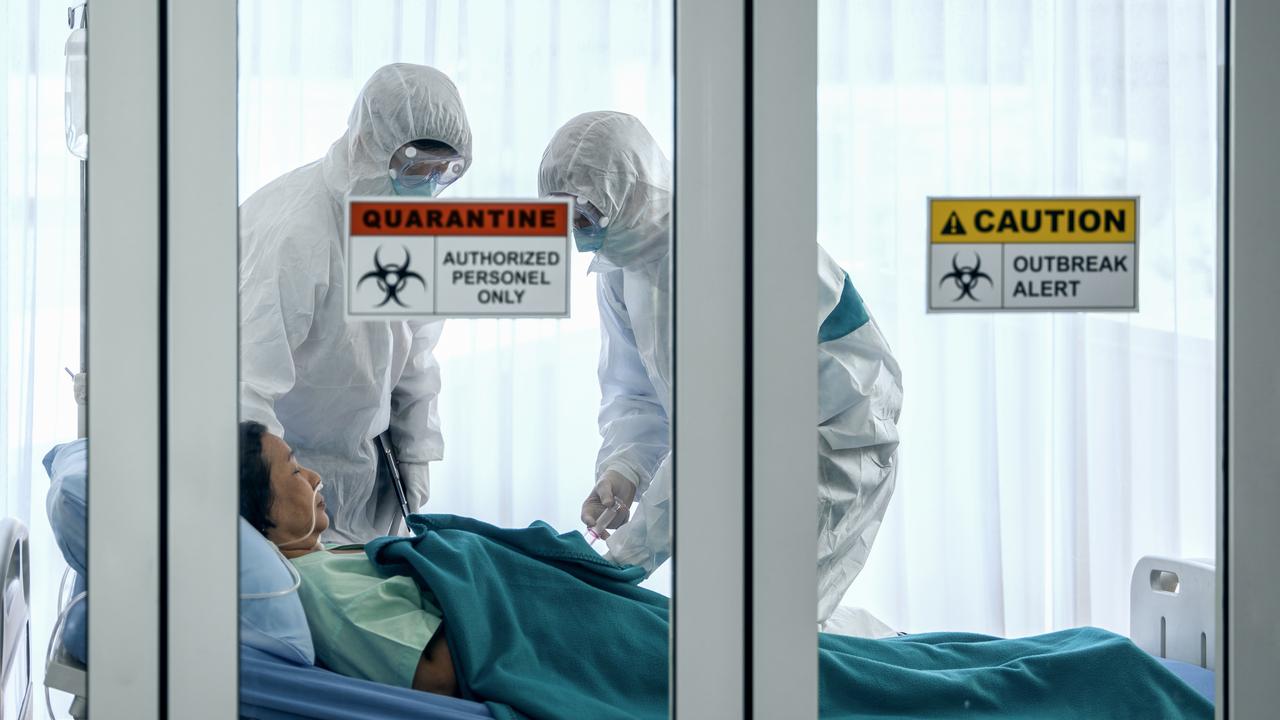
After months of calm, COVID-19 cases are rising again. Hospitals are seeing more patients with flu-like symptoms, many of whom test positive for the virus. The emergence of new Omicron subvariants has raised concerns about a potential summer wave.
Regarding this, Turkish media outlet Hurriyet spoke with leading doctors as hospitals report a steady rise in COVID-19 cases this season.
Dr. Suleyman Alpar, head of the emergency department at a private hospital, said, “We don’t yet have official figures for 2025 summer cases. However, most pandemic clinics have closed, and patients suspected of having COVID-19 are coming directly to emergency departments. We’ve noticed a clear increase in admissions, and colleagues report that inpatient wards and ICUs are also seeing more COVID-19 patients.”
Professor Dr. Ahmet Soysal added: “WHO data indicate that SARS-CoV-2 has been trending upward globally since early 2025. In May, test positivity reached 11%, rising to 12% in July. This increase is most pronounced in the Eastern Mediterranean, Southeast Asia, and Western Pacific regions.”

"The new Omicron subvariants, Nimbus (NB.1.8.1) and Stratus (XFG), are behind this summer wave. Test positivity and emergency visits are rising, especially among vulnerable groups like children and the elderly, although hospital capacity is not yet overwhelmed. Even without official Turkish data, we are seeing a similar trend locally,” Dr. Alpar explained.
He described the symptoms he’s observed: “In our emergency department, COVID-19 mostly presents as an upper respiratory infection. Patients often have nasal congestion, cough, fatigue, fever, headache, muscle pain, sore throat, sneezing, shortness of breath, diarrhea, nausea and sometimes loss of taste or smell. Nimbus is notable for causing a sharp, ‘razor-like’ throat pain, while Stratus symptoms are similar to other Omicron variants and can include hoarseness.”
“Globally, cases are rising most among young children,” Dr. Alpar noted. “Emergency visits are highest among 0–4 year olds. Most cases are mild, with fever and upper respiratory symptoms predominating. Supportive care and home isolation are usually sufficient. Children with chronic illnesses or weakened immune systems should not miss their booster doses.”
“Diagnosis still relies on scientific testing. PCR is the most reliable method, while rapid antigen tests are faster but less sensitive. Symptomatic individuals should test and isolate until results are confirmed,” Dr. Alpar emphasized.
Professor Dr. Soysal advised that COVID-19 spreads through droplets and the air, urging people to avoid close contact with sick individuals, keep symptomatic children home from school or daycare, and limit time in crowded indoor spaces.
He added that people with chronic conditions should wear masks and stressed the importance of hand hygiene.